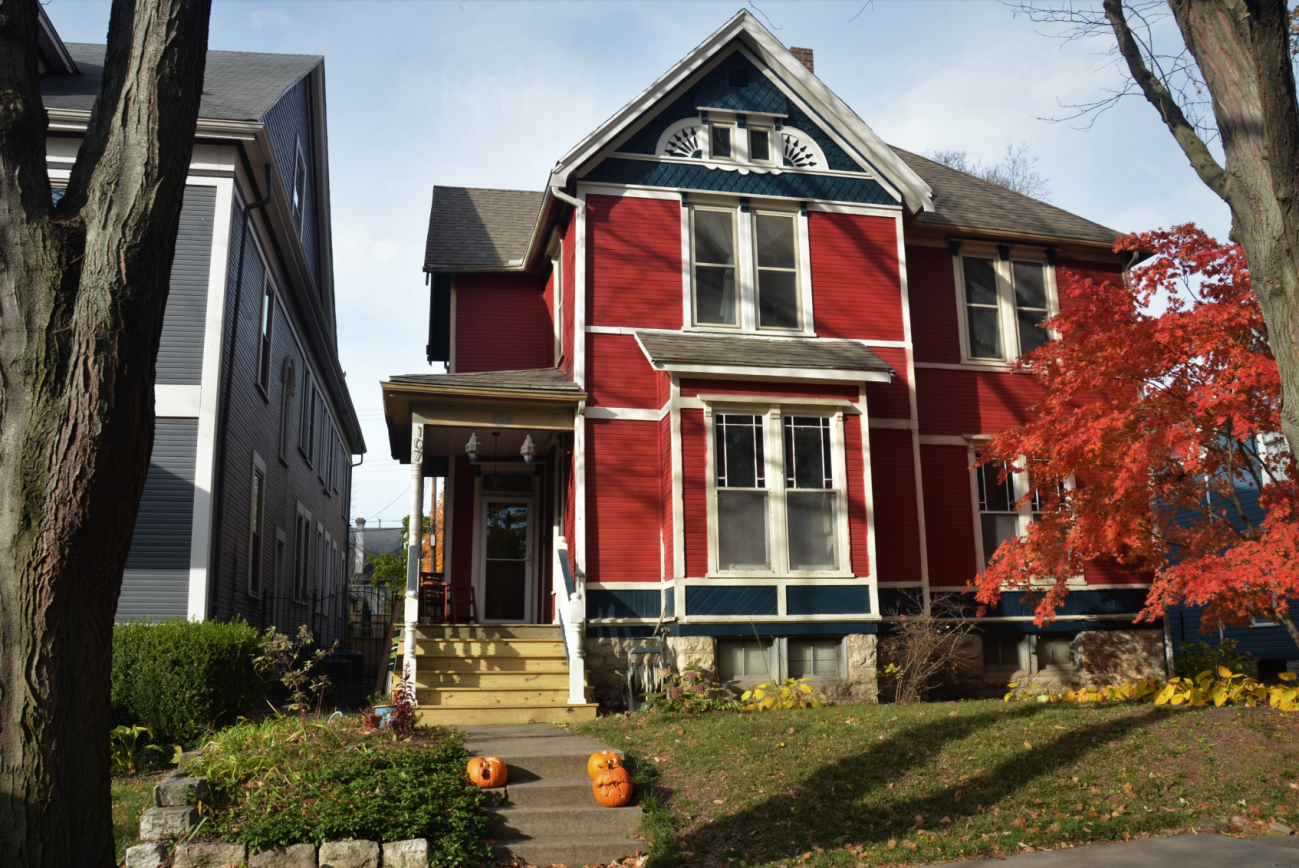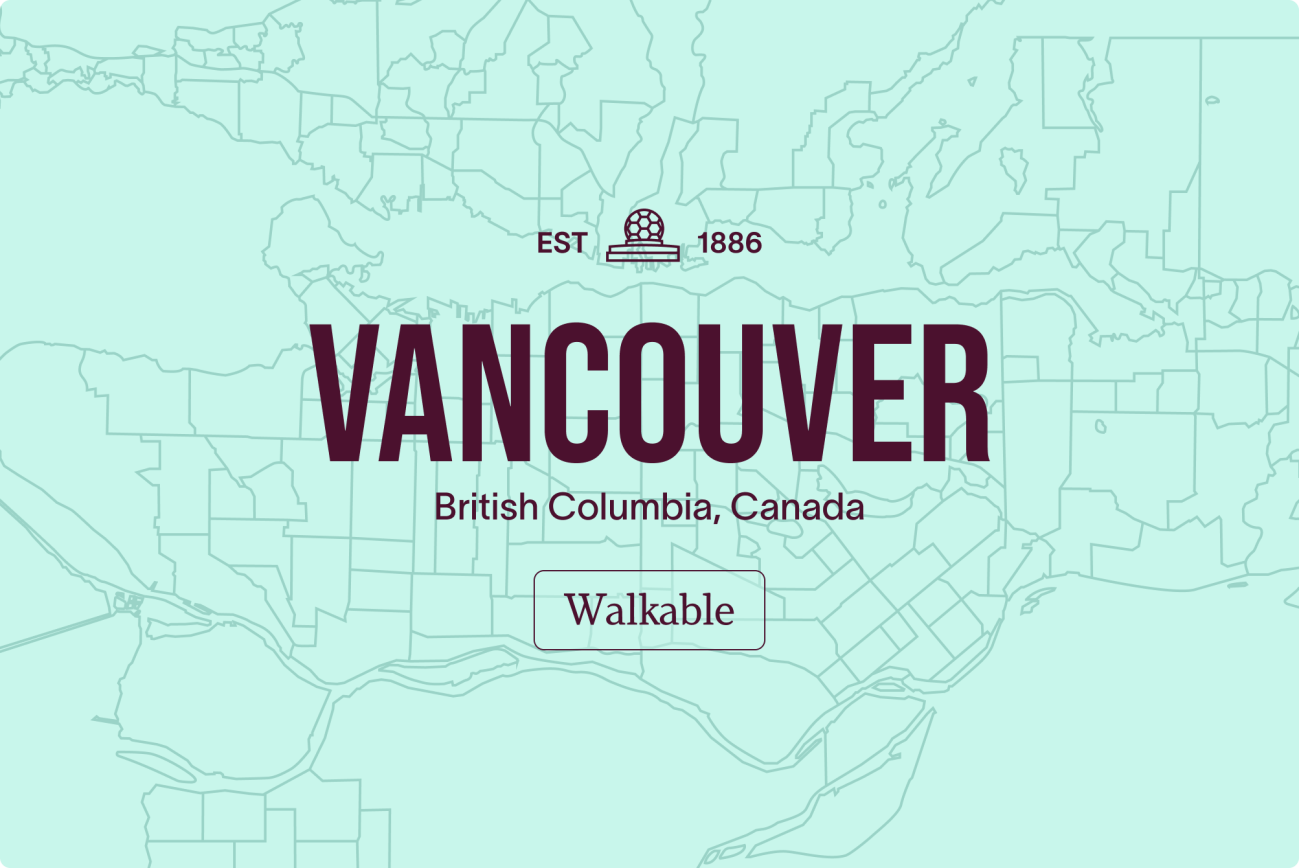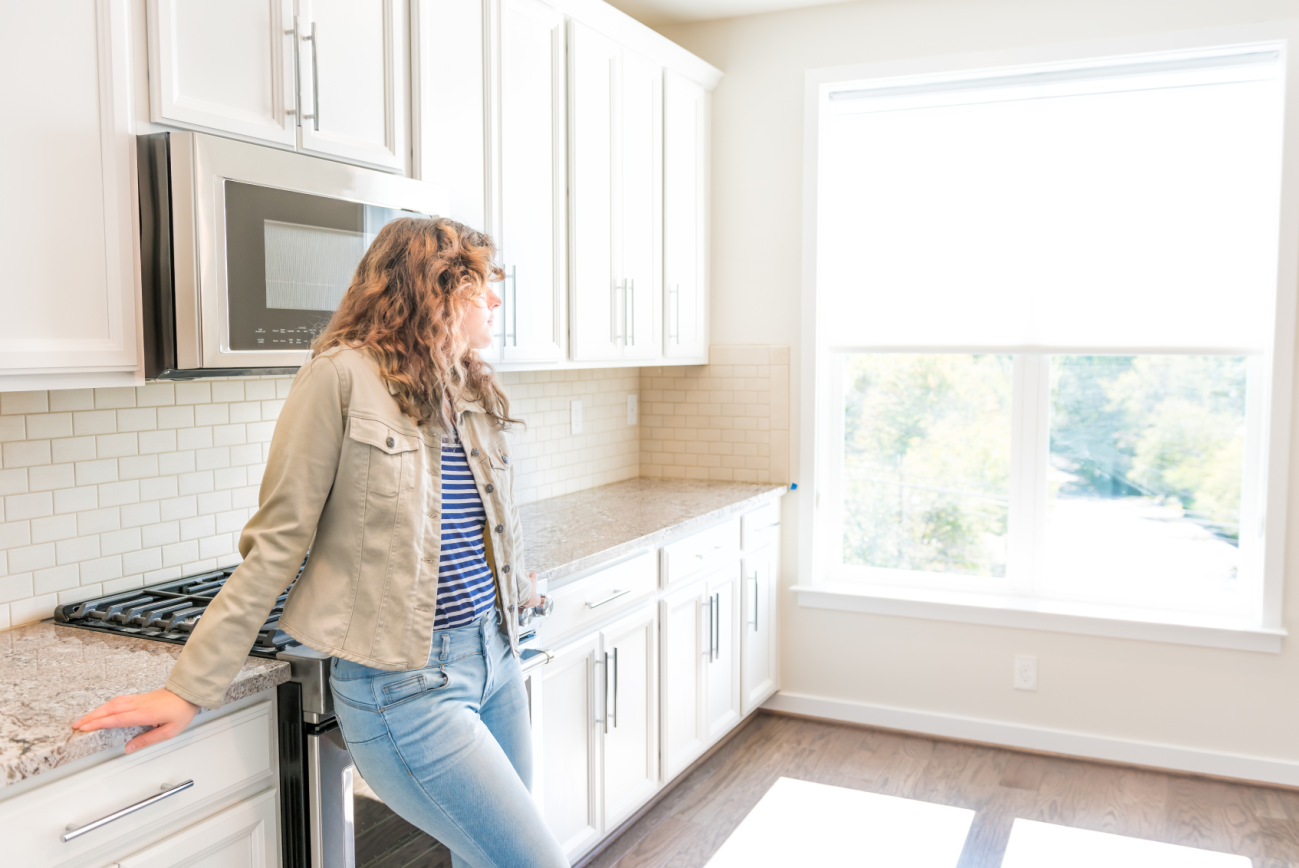As a new homebuyer, it’s important to have a sense of the property taxes you can expect once you own the home. These taxes can cover a variety of costs, including land transfer tax, rental tax, welcome tax, and annual taxes. By understanding these taxes, you’ll be able to estimate and prepare for the money you’ll owe, without any unwanted surprises.
Property taxes are an important factor in your purchase decision. For example, homes in Vancouver are some of the most expensive in Canada, but it also has some of the lowest property tax rates. Estimate your property tax rates wisely, so you have a full financial picture when you choose to buy.
What is property tax?
There are three main types of taxes for homebuyers to consider: income tax, sales tax, and property tax. Property tax is directly related to an asset (your property), so it’s especially important to understand it when you’re buying a home.
Property taxes pay for some of the essential services the local government provides, including waste disposal, fire protection, policing, libraries, snow removal, and community safety. These services vary based on where you live in Canada, but are always funded by property taxes.
How is property tax calculated?
Property tax is calculated based on the property value, education tax rate, and general municipal tax rate. Property value is established by the corresponding province’s assessment authority. You can use online calculators to estimate your property value. Education tax rates are set by your provincial government and fund elementary and secondary education. Municipal tax rates vary and are established on a yearly basis by your municipality.
Types of property tax
Land transfer tax
Transfer tax is the government’s cost to transfer the ownership of the property from one owner or entity to another.
- Land transfer tax varies depending on the province and is generally based on the property’s value.
- Ontario, Quebec, British Columbia, Manitoba, Nova Scotia, New Brunswick and Prince Edward Island all charge a property transfer tax.
- Other provinces may charge other registration fees, but these are generally lower than transfer tax costs.
- Ontario and British Columbia both offer a tax rebate on land transfers for first-time homebuyers.
In some cities, like Toronto, the city charges a land transfer tax in addition to the province’s land transfer tax; making it one of the highest land transfer tax fees in the country.
Goods and Services Tax
In the same way that you’ll be taxed for other new goods and services in Canada, new homes or constructions are subject to a Goods and Services Tax (GST). If you’re building your own home and plan to live in it, you may be exempt from GST. If you’re buying a home that’s being resold, you won’t need to pay GST.
Rental taxes
If you own a rental property, The Canadian Income Tax Act says you’ll need to withhold 25% on the gross rental income that is paid or credited to you. This rental tax is due on the 15th day of the month following the month that your tenant pays you. You can save money by reporting your rental income in a separate tax return, so it’s worth getting to know the Canadian rental tax regulations. This lets you pay taxes on your net rental income, rather than the gross amount.
Welcome tax
The welcome tax sounds friendly, but its namesake refers to the former Minister of Municipal Affairs, Jean Bienvenue, whose last name translates to “welcome” in English, and who introduced the tax in 1992. This tax is only relevant if you’re purchasing property in Quebec.
- The terms of the welcome tax duty pertain to most property or real estate acquisitions in Quebec. This tax is not imposed in other provinces.
- This property tax is collected by the local municipality, and is due within 30 days of notice, which is usually received within several weeks of closing.
- Welcome tax is calculated based on the sale price of the property, or the value of the property based on a municipal assessment.
- Amounts owing vary based on the cost of the home; with 0.5% for costs under $50,000, 1% taxation for amounts between $50,000 and $250,000, and 1.5% for a “basis of imposition” or amount higher than $250,000.
- If you’re buying in Montreal, you can expect an extra tax on top of the welcome tax, with additional rates up to 2.5%.
- Wondering what kind of tax you’ll be welcomed with? Try this welcome tax calculator to see.
How much will I need to pay?
Property tax is calculated by multiplying the current tax rate with your assessed property value, which reflects the market value of your home. The property value encompasses the land and any buildings on the property, as well.
Residential properties or homes are generally taxed at a lower rate than non-residential properties. Property tax is an important factor to consider while you’re shopping for a home and considering relocating to a new province. If you’ve been a renter, the price you paid monthly automatically factored in these costs as owed by your landlord. As a new homeowner, you’ll be paying property tax directly.
How often does property tax change?
Your municipality will send you a tax bill every year based on the market value of properties within your market and the budget your municipality has established. Property values are reassessed every four years. The increases in property value are based on a four-year report, so you’ll have time to prepare if your property taxes are going up.
Find your next home with Houseful
Houseful provides personalized guidance for your homebuying journey. Find homes with the features that fit your lifestyle and get connected with individually-vetted experts to help you navigate financing and closing.
Start your homebuying journey today.




